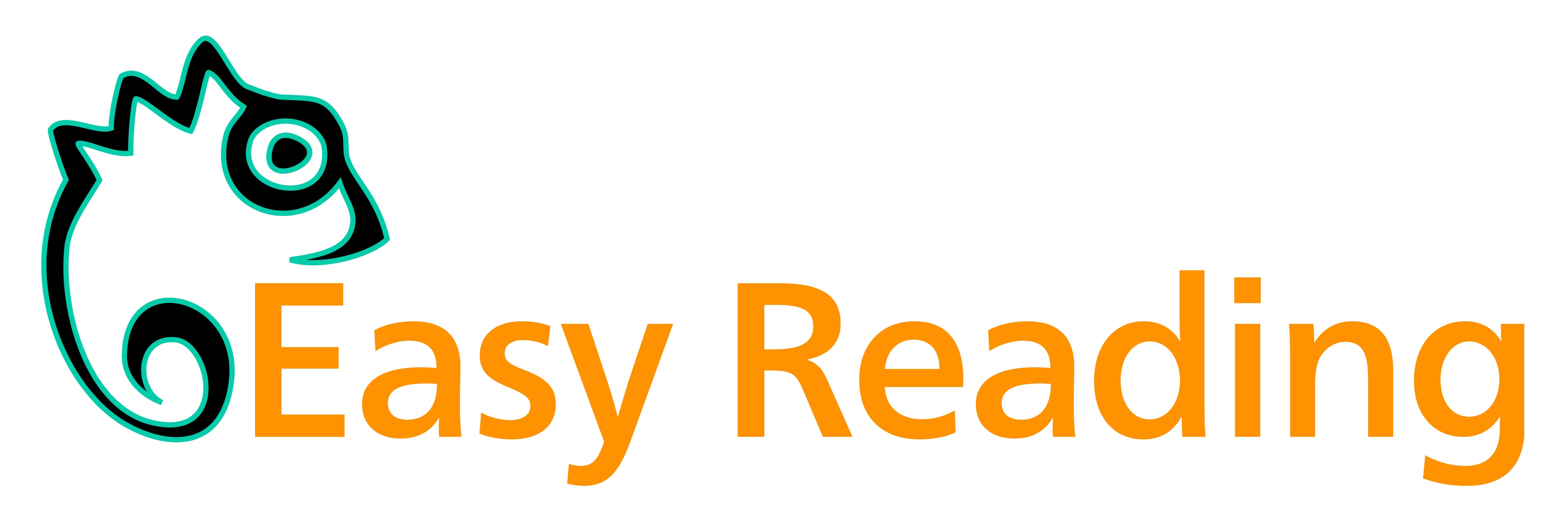
Cognitive Disabilities, Assistive Technologies and Accessibility
Digital technologies offer excellent opportunities for people with and without disabilities to participate in all domains of society including education, labour market, culture, travel, sports, religion and managing everyday activities. Due to the flexibility, adaptability and responsiveness, which facilitates access to the manifold applications supporting participation, the Human Computer Interface (HCI) can be better adapted to the needs of people with disabilities based on integrated or connected accessibility and Assistive Technology based features.
Participation of people with cognitive disabilities, which goes beyond technical accessibility in terms of getting hold of the information and addresses issues as processing, grouping, contextualising, mastering, understanding and producing content and knowledge, is still considerably challenging. This includes guidelines, standards, techniques and tools related to accessible content design and authoring, perceiving, consuming, mastering and producing content using Assistive Technology and finally efficient and effective service provision, support and training.
We invite experts working in this field to contribute their ideas, visions and projects for research, development, service provision and evaluation in the frame but nor restricted to the following topics:
- Assistive Technologies evaluation and concepts (software, apps, assistive technology) for people with cognitive impairments
- Support in reading, writing, organising, structuring, managing and evaluating content, in particular also related to math, science, engineering, culture, music and arts
- Cognitive accessibility and support in daily living
- eLearning and digital supported education for learners with learning difficulties (accessible MOOCs, LMS, VLEs)
- Assistive Technologies and Cognitive Accessibility on the job and inclusive models of labour market inclusion
- Participatory methods for system and service design and development
- Digital support systems for people with dementia and age-related cognitive disabilities
- Use of Augmented Reality, Virtual Reality or Gaming elements for people with learning disabilities
The aim of this session is to bring together researchers and developers who are engaged in the development and evaluation of digital technologies and e-learning environments to improve the conditions for the social participation of people with cognitive impairments and learning difficulties of all ages in all areas of life.
This session is organised in the frame of the Eve4All and former Easy Reading project. Eve4All received funding through the Federal Ministry of Education and Research, Germany. Easy Reading received funding from the European Union’s Horizon 2020 research and innovation programme under grant agreement No.780529.
Chairs

Klaus Miesenberger, Johannes Kepler University Linz
Susanne Dirks, TU Dortmund
Christian Bühler, TU Dortmund, FTB Vollmarstein
Aashish Kumar Verma, Johannes Kepler University Linz
Contributions to a STS have to be submitted using the standard submission procedures of ICCHP24.
When submitting your contribution please make sure to select the right STS from the drop-down list "Special Thematic Session". Contributions to a STS are evaluated by the Programme Committee of ICCHP-AAATE and by the chair(s) of the STS. Please get in contact with the STS chair(s) for discussing your contribution and potential involvement in the session.





